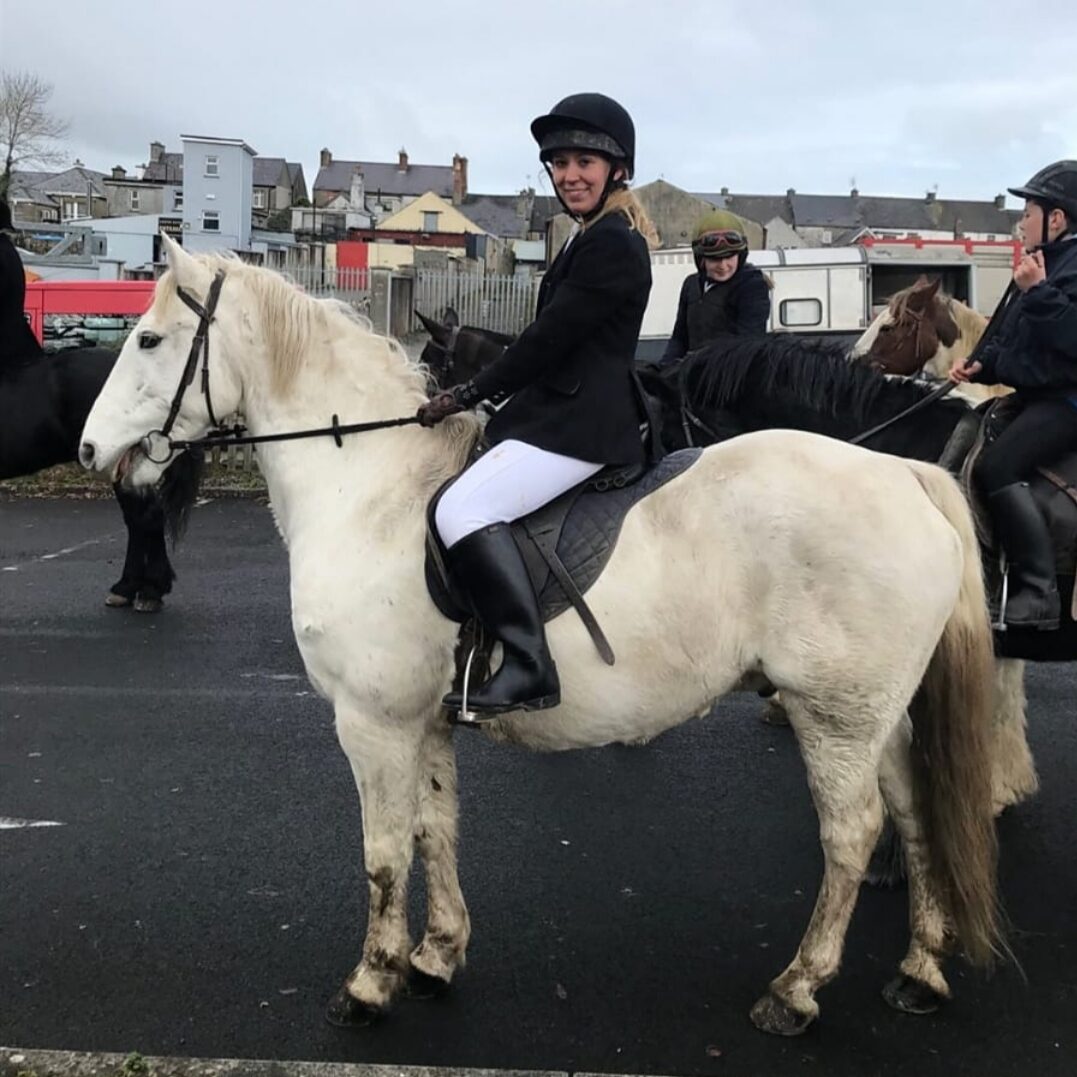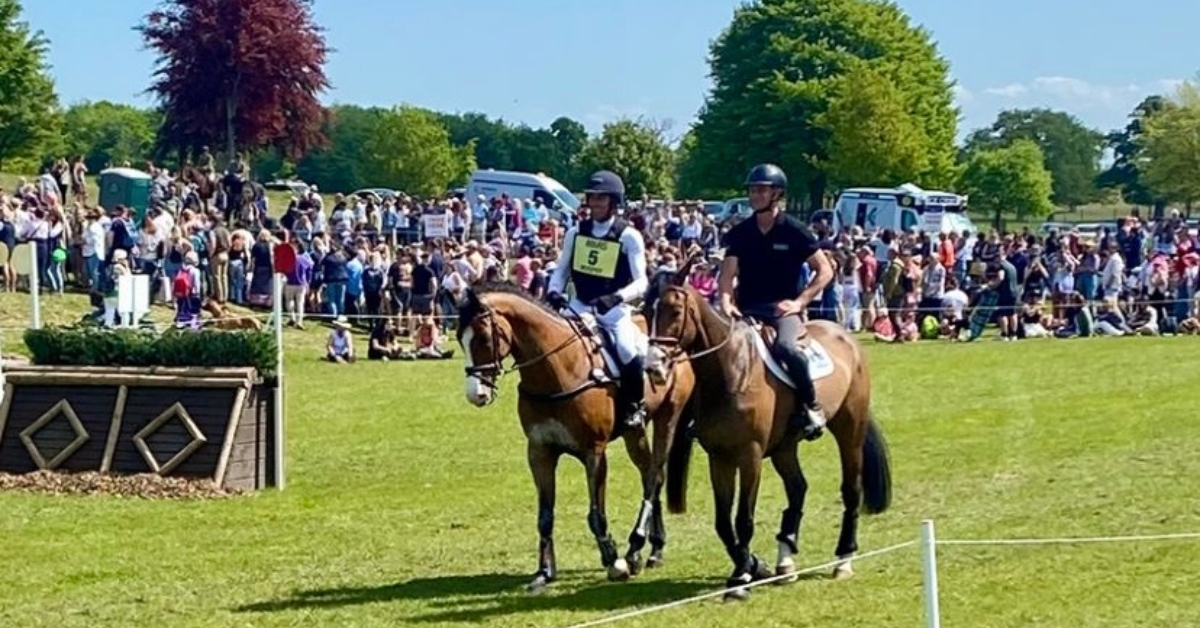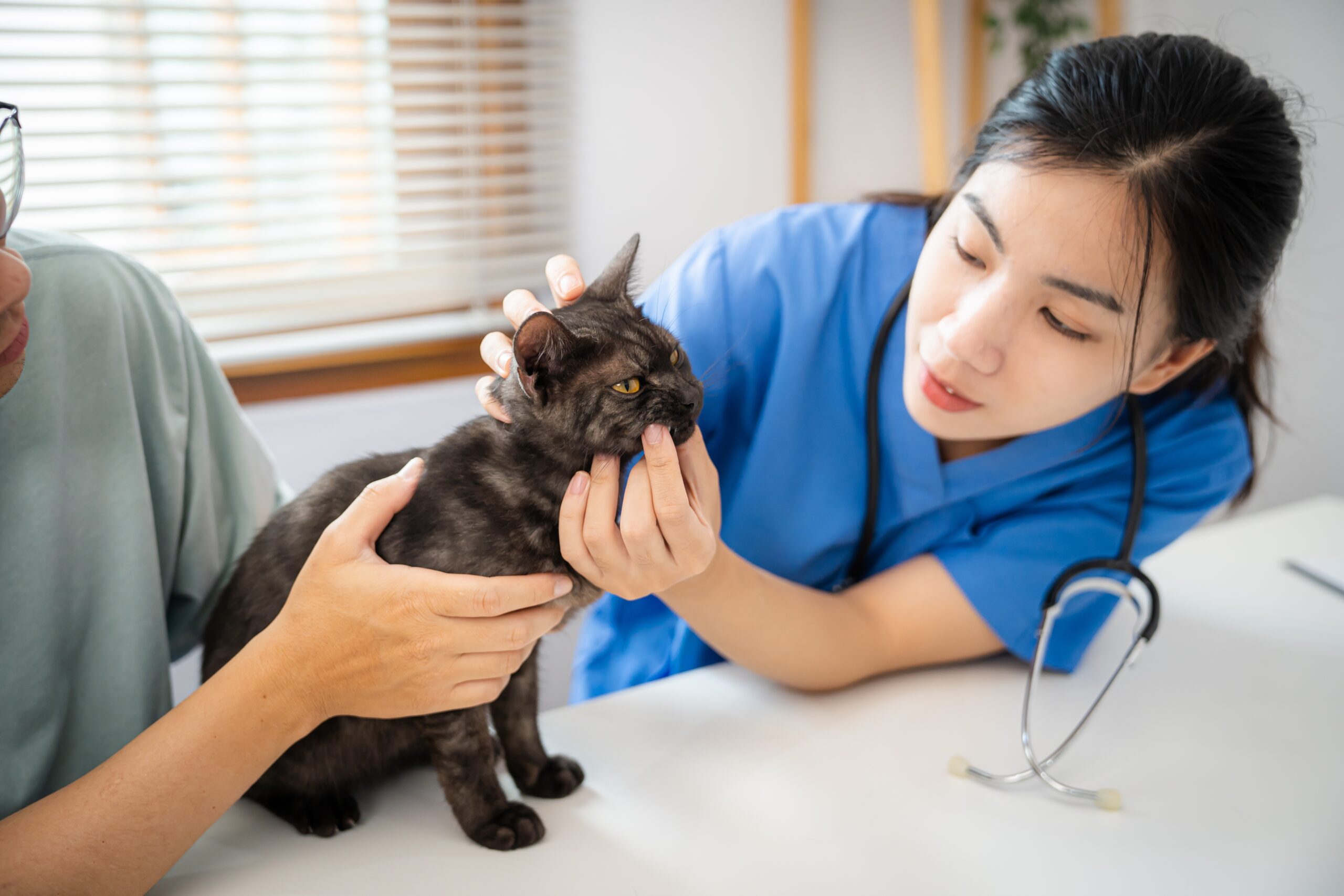“Breaking” is a word I’m trying not to use when it comes to starting young horses. Yet it is possibly the most recognized word within and outside of the industry. A hashtag I believe Monty Roberts has is #startingnotbreaking. Similar synonyms for breaking include “violation” “disrupting” “destroying” “fracturing” and “beating”. It’s not a very positive word. I think we could all agree. Yet it is used to describe one of the most instrumental phases in a horse or pony’s education. “Starting under saddle/tack” or “beginning their ridden education” I think are far more beneficial and positive words to describe the process. When thinking all about horses being educated to carry a rider and tack, I fell down another rabbit hole on this subject. As far as I know, “breaking” horses is largely unregulated.
It’s crazy to me that absolutely anyone with or without experience can advertise themselves as “trainers” and begin a young horse’s education. It’s frightening really when you see ads advertising yards or equestrians as “professional breaking services.” All jokes aside, what makes them professional? Read through the ad and usually it will say how many years’ experience they have, etc. But think of it this way, that experience could be anything. Absolutely anything. They could have learned their trade from the most backward person in the industry. Their methods could involve tying horses to a wall for a few hours each day and beating the living daylights out of them. I’m not even making this up- tying up horses to let them wear themselves out by pulling on the rope was and, in some cases, still is a done thing. In addition, reliance on violent methods still exists in some yards. So, in some instances, you don’t have a four-legged friend who enjoys their work, you have an animal beaten into submission who has probably picked up bad habits, not to mention a lot of trauma. For example, I have been involved with horses for more than half my life at this stage. I wouldn’t even dream of starting one under saddle. Whether it be my own or for someone else. I openly admit, despite being involved with equines for so long, I would not have the know-how or the confidence for this, confidence in myself for doing a good job and doing the horse involved justice. I won’t lie I feel I’ve had far too many falls and the idea of educating an inexperienced horse brings me out in hives. But if I were to go and advertise myself and take on a few horses, no one would bat an eyelid or ask me about my qualifications or experience.
Not all who start horses are bad. I know plenty of people who do it who have not attended any sort of course, etc. but are good at what they do. They have learned through years of self-thought experience, have patience and ultimately enjoy working with horses. The result, a well-adjusted, happy and educated animal. For me, these people give a lot of value to the industry. But how do you weed out the good from the bad?
My idea would be to have everyone involved in starting horses, whether they do it full time, part time or even if it’s more of an interest or a hobby being registered. A directory or list created for these people or yards and regular inspections to ensure all is as it should be. Also, mandatory workshops or seminars on horse welfare/education etc. Continuous upskilling and learning. We know only too well almost every day new research and studies are being published detailing how horses learn and the best practice when teaching them. It sounds like a lot of effort for people to go through, but ultimately those who are interested enough and want to contribute to the equestrian industry will get on board. But there do need to be repercussions for those not complying. I hate to say it, but most things in Ireland turn into a “tick the box” exercise. And there does not seem to be enough governance, control or consequence when it comes to animal welfare (See my earlier article on equine passports!). There really would need to be a clampdown on anyone found to be starting horses not being registered or using outdated methods.
Further to that, we need to confirm and define what makes someone a “professional” when it comes to educating horses. Is it that they have attended college for four years and attained a degree or a masters? Is there a specific training course people should attend on this? Could we do apprentice-type training with yards? I definitely think it is an area that needs massive improvement and regulation. There are infinite ways in which this could be done.


Share
Your subscription is 100% Free for our first year, No credit card details required.

The Judging Concerns That Keep Coming Back — And Why They Can’t Be Ignored Anymore We didn’t make it to

There are few sporting events that live up to the hype. Wimbledon? Too many strawberries. Cheltenham? Too many suits. But

British Veterinary Association publishes full response to Competition and Markets Authority’s proposed remedies for veterinary market for household pets. The